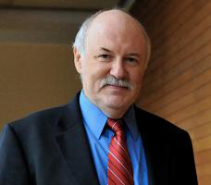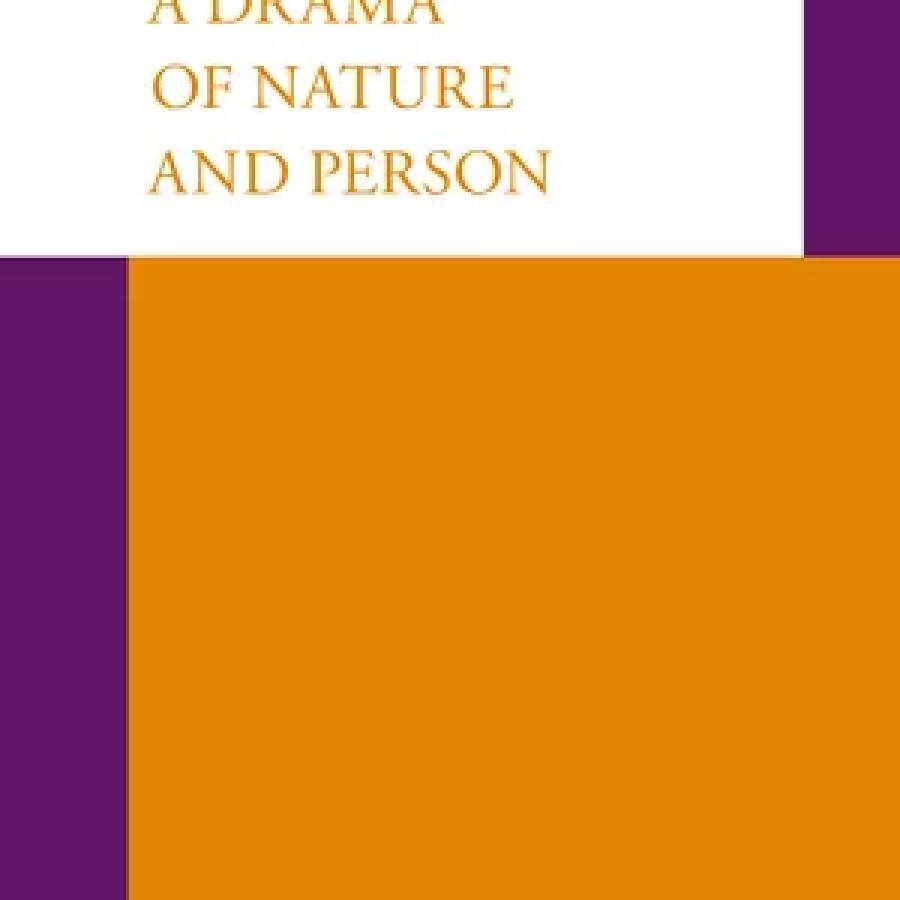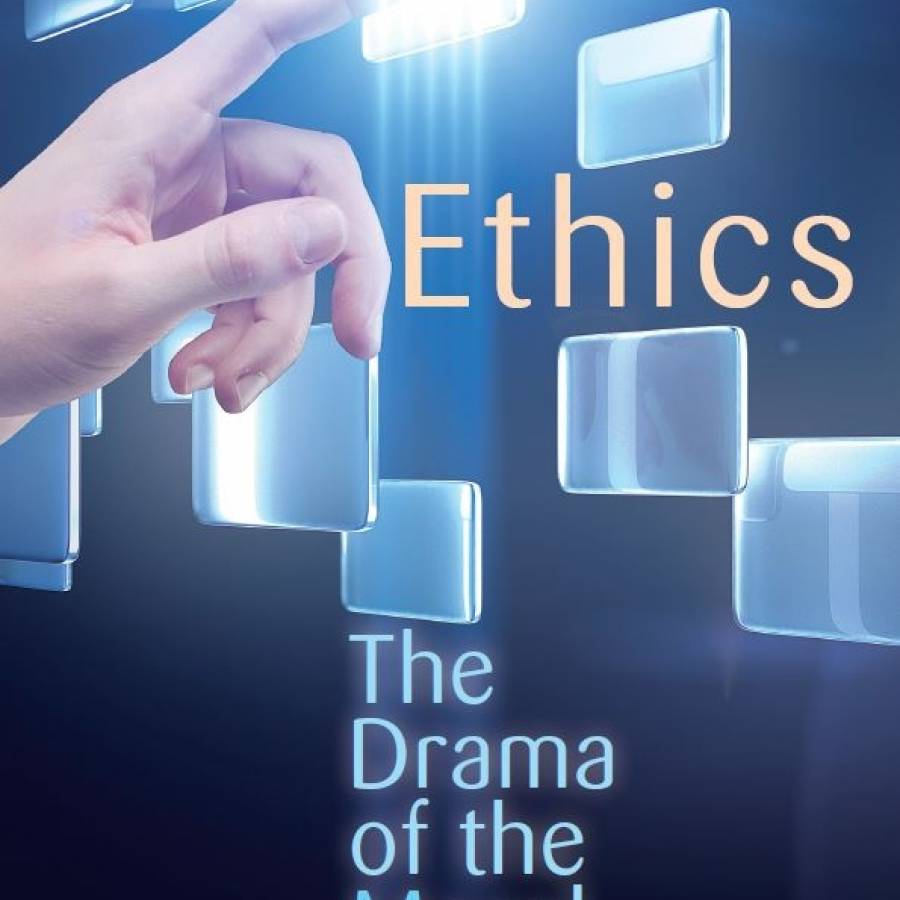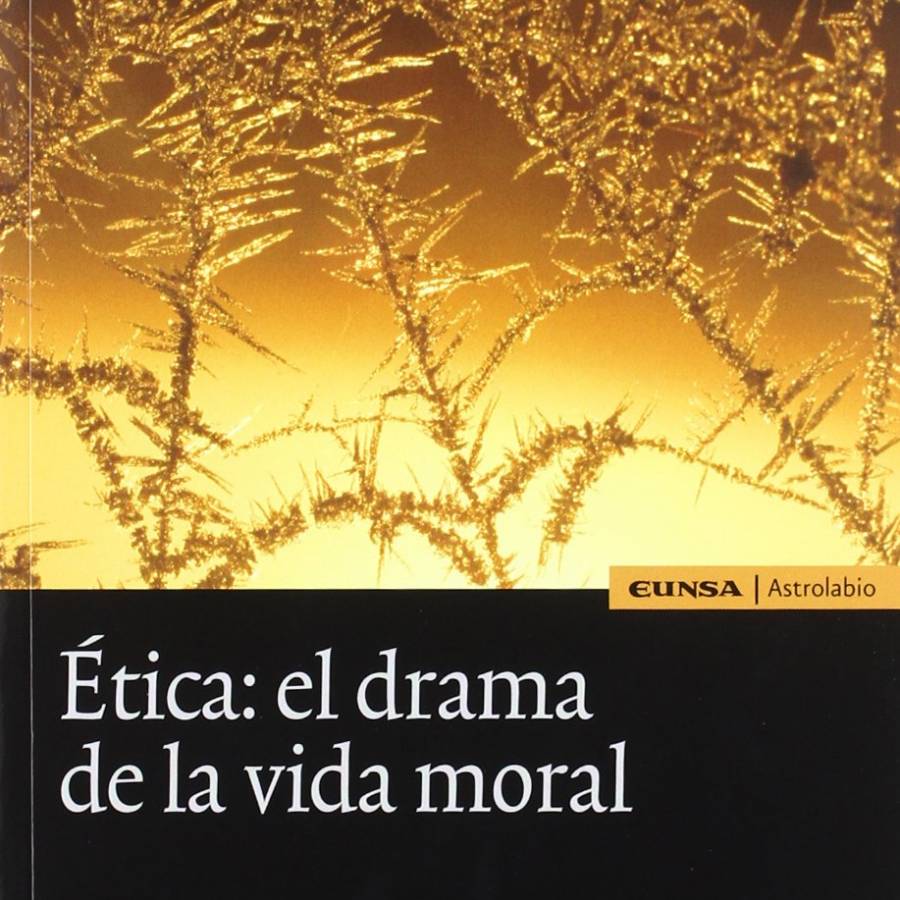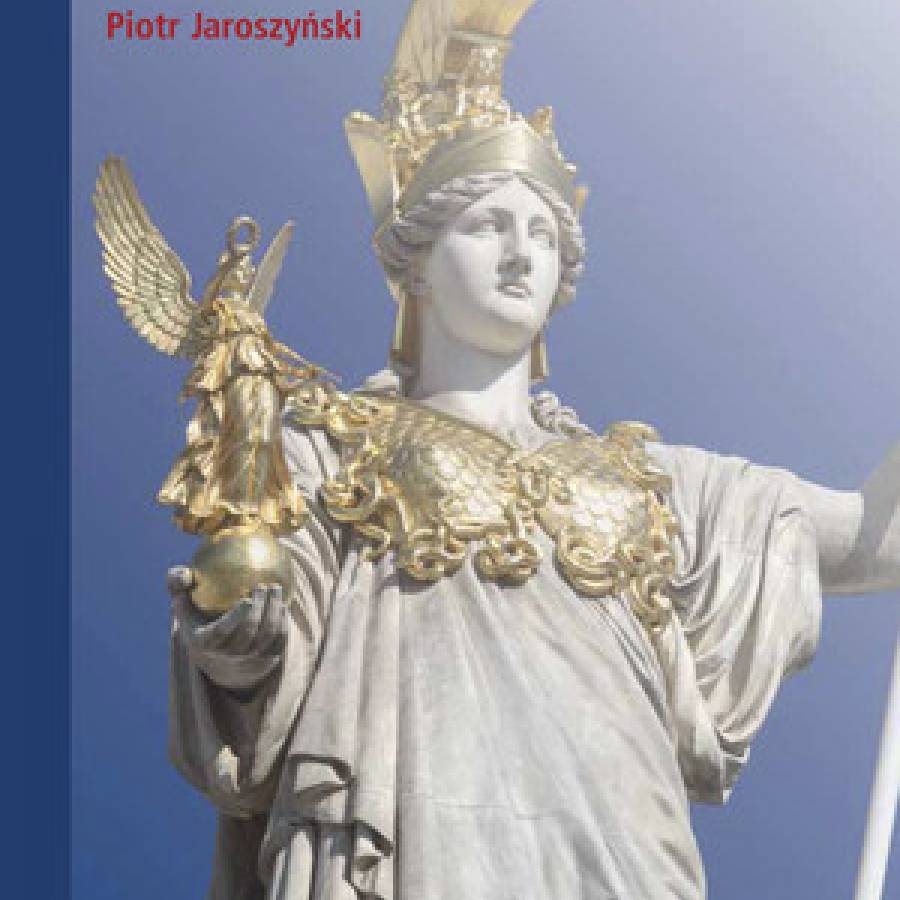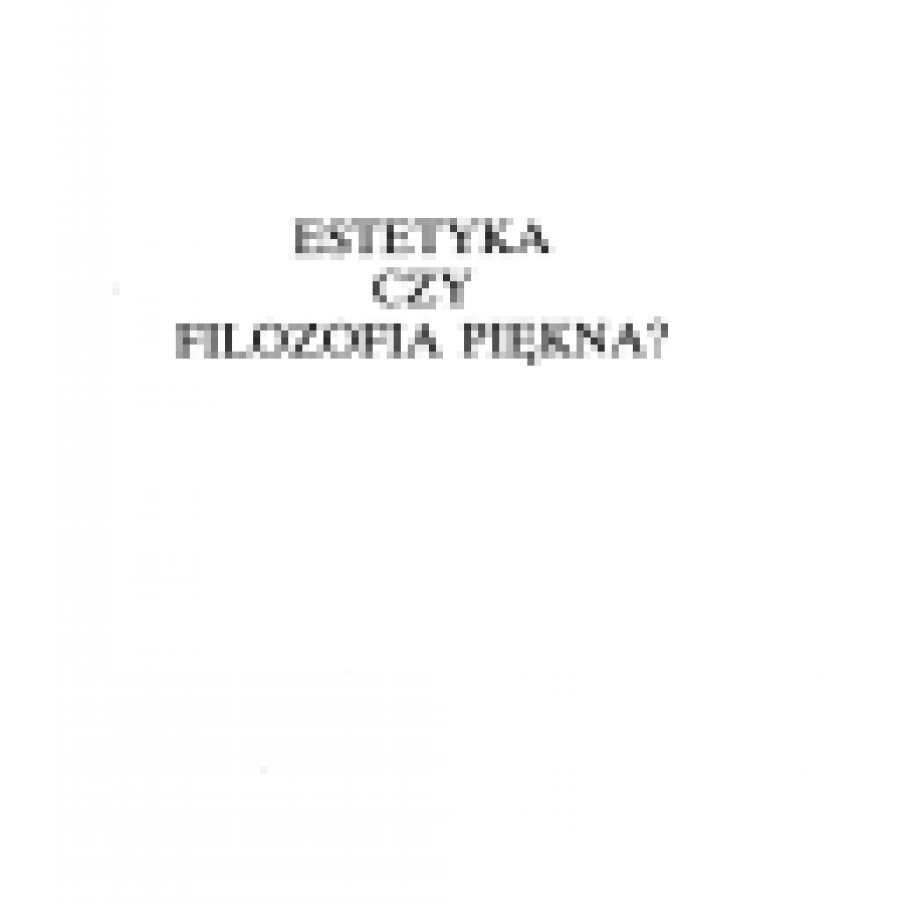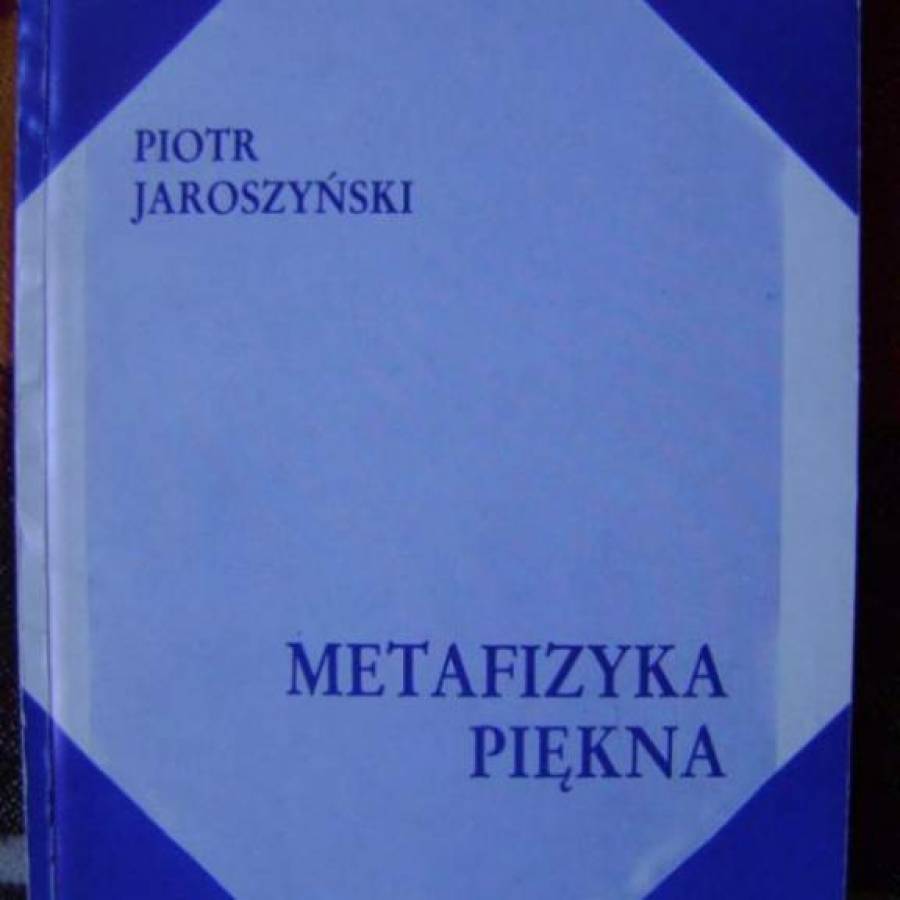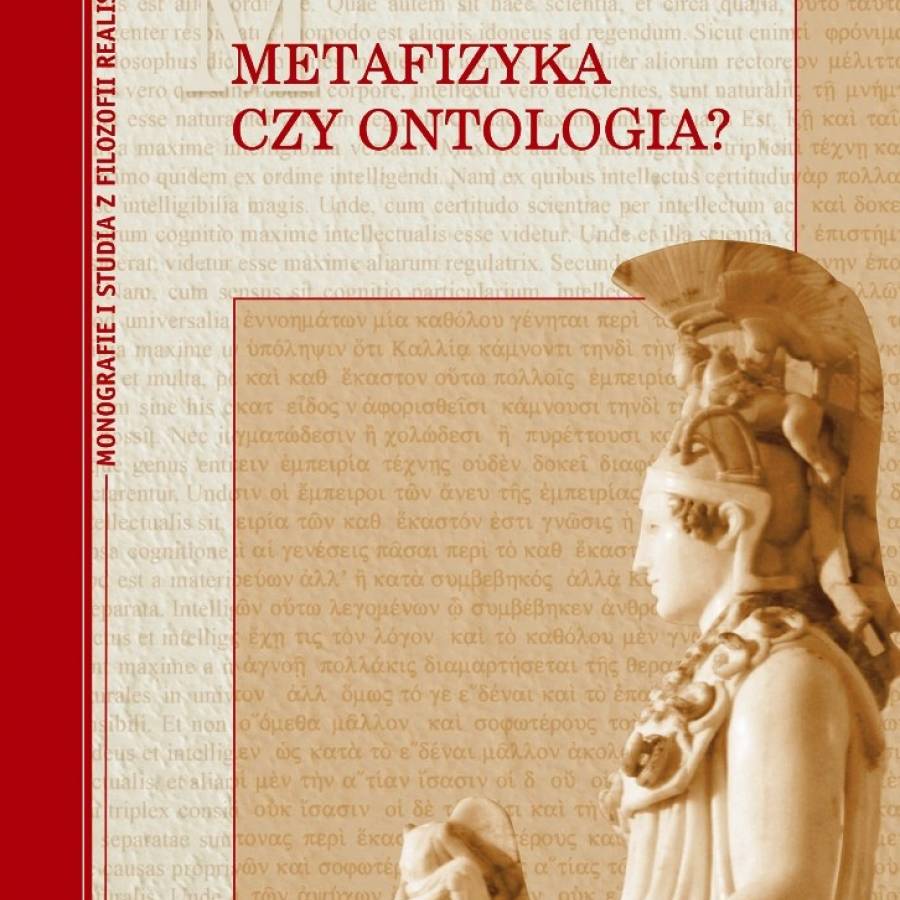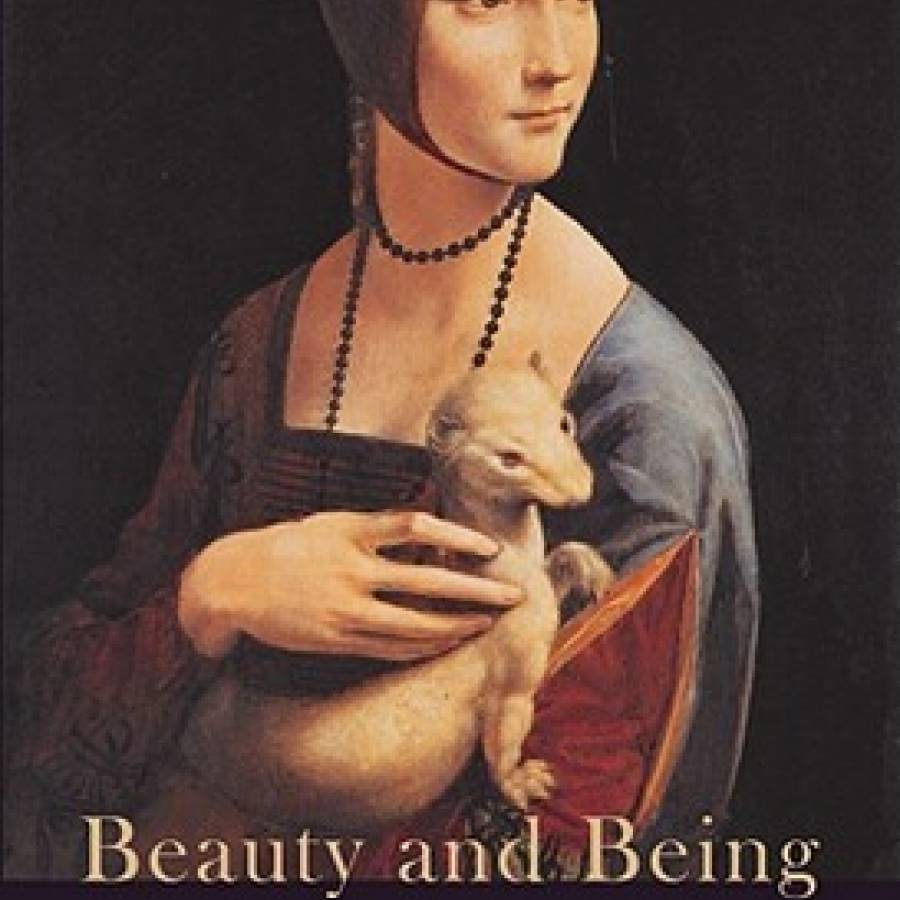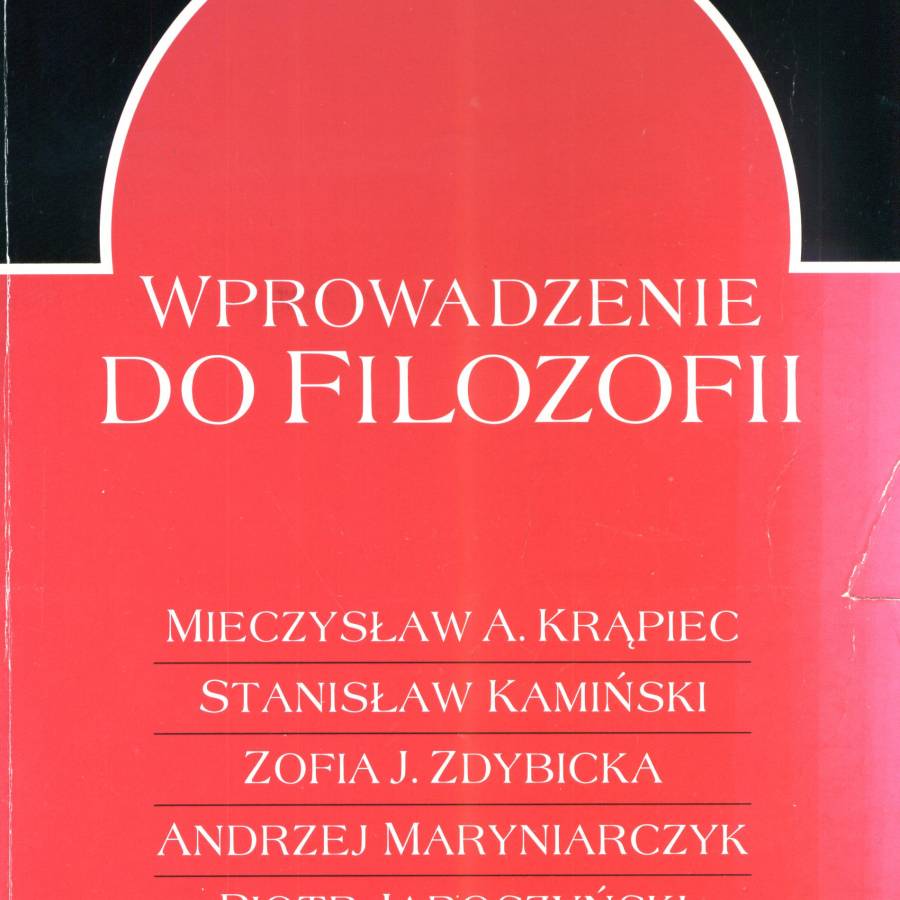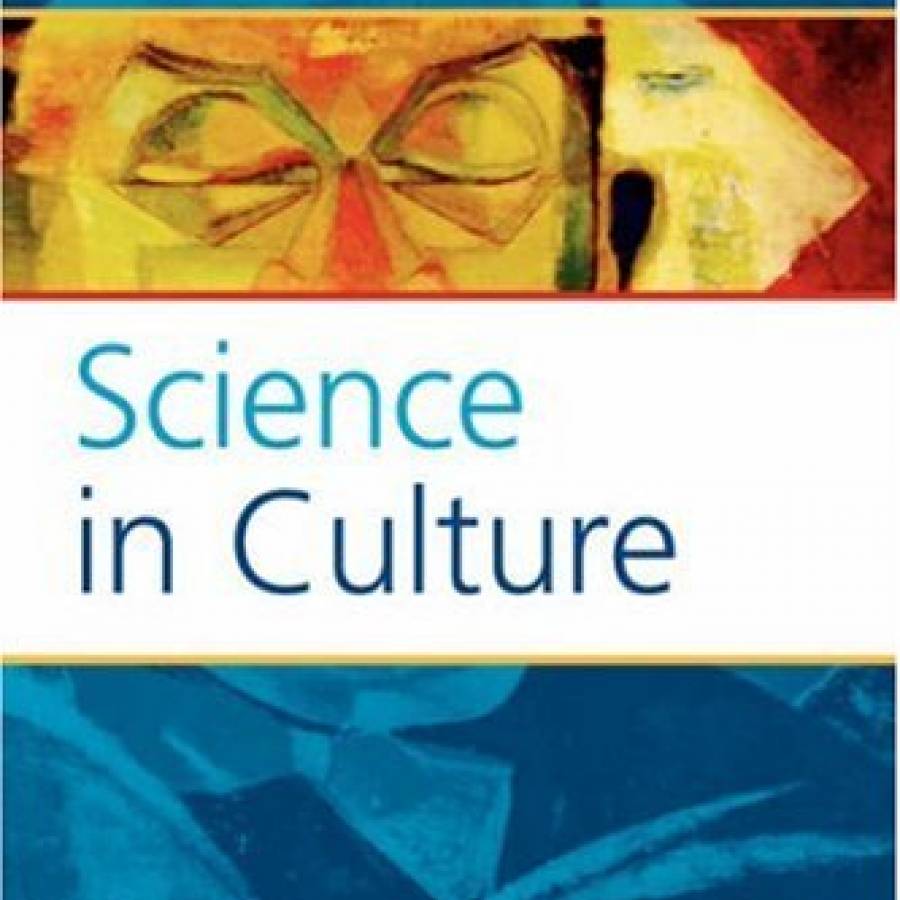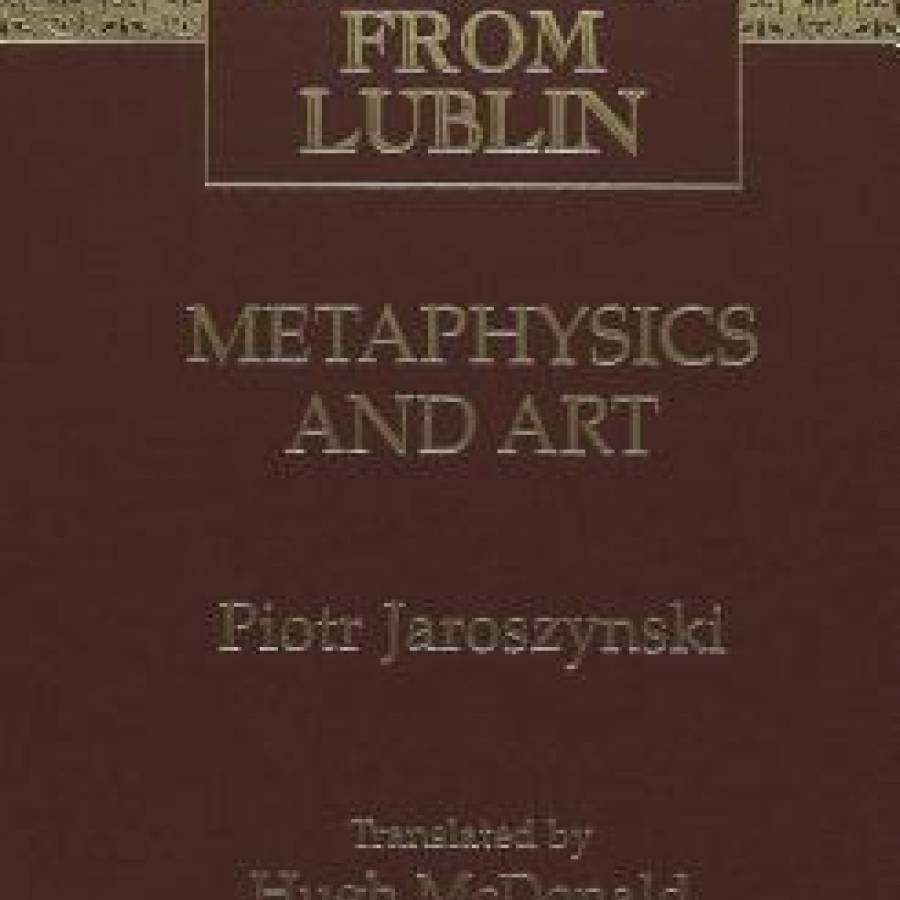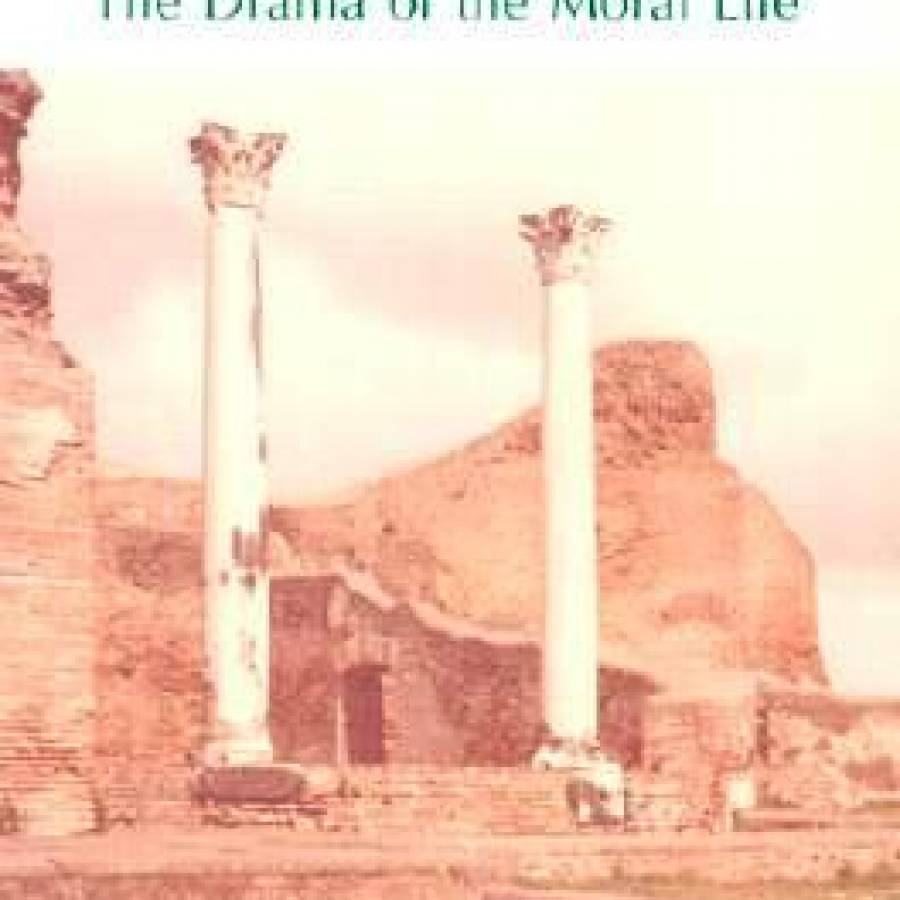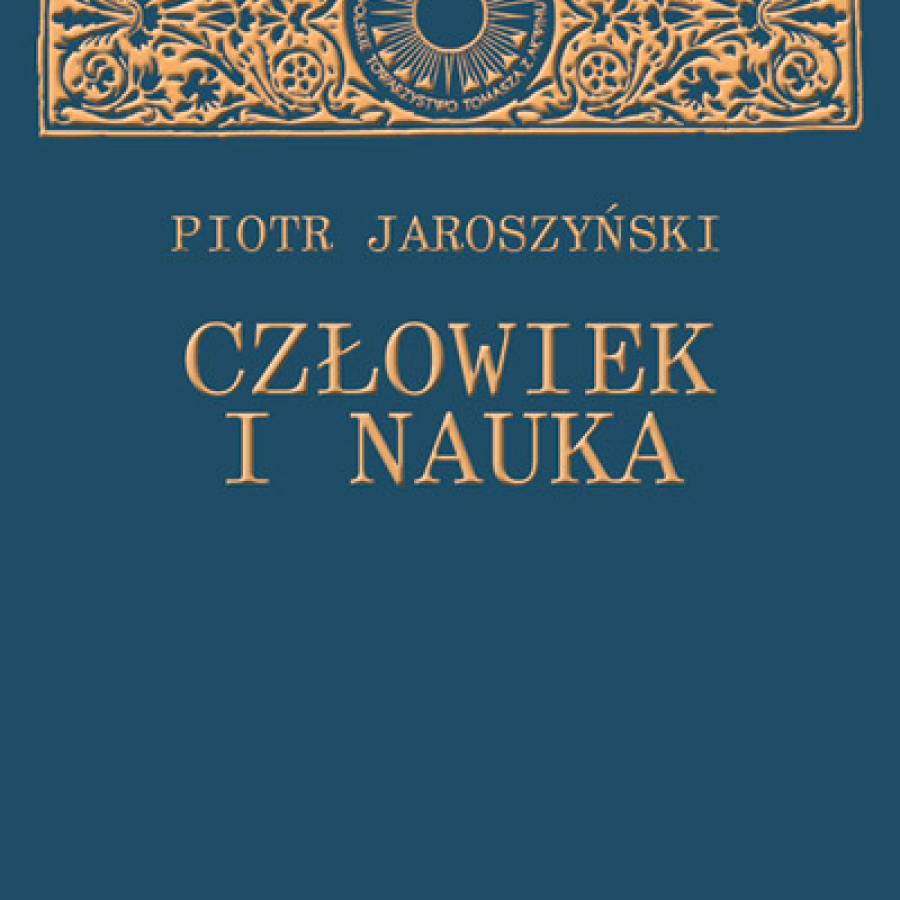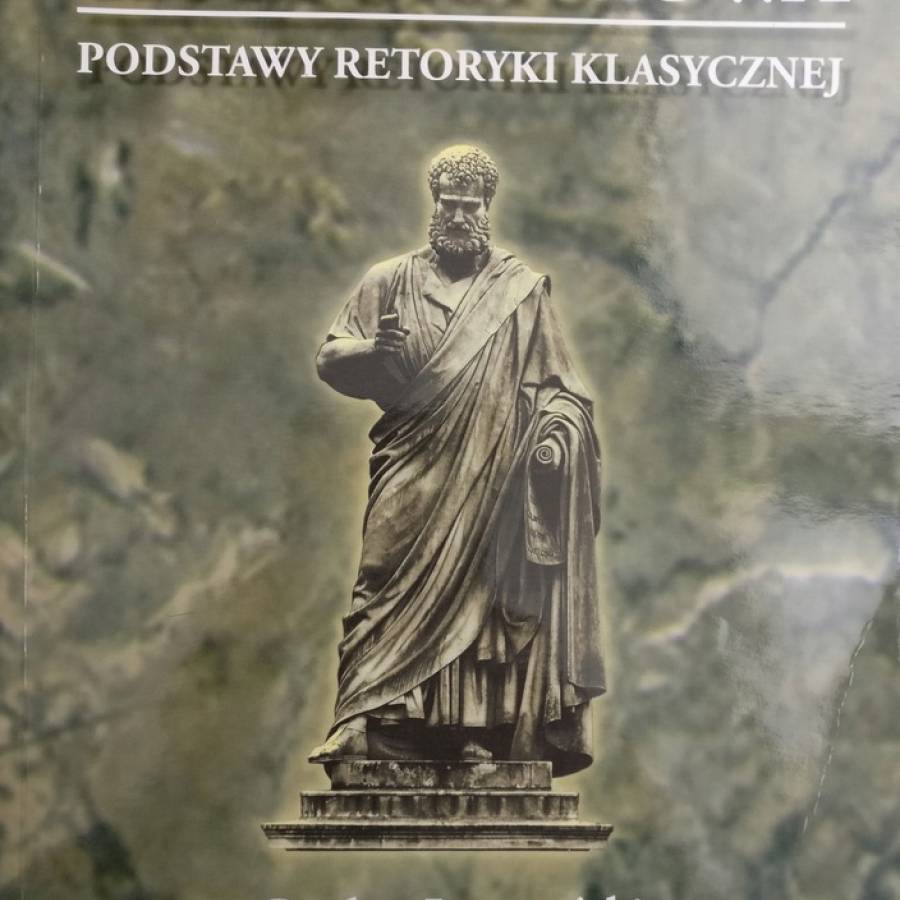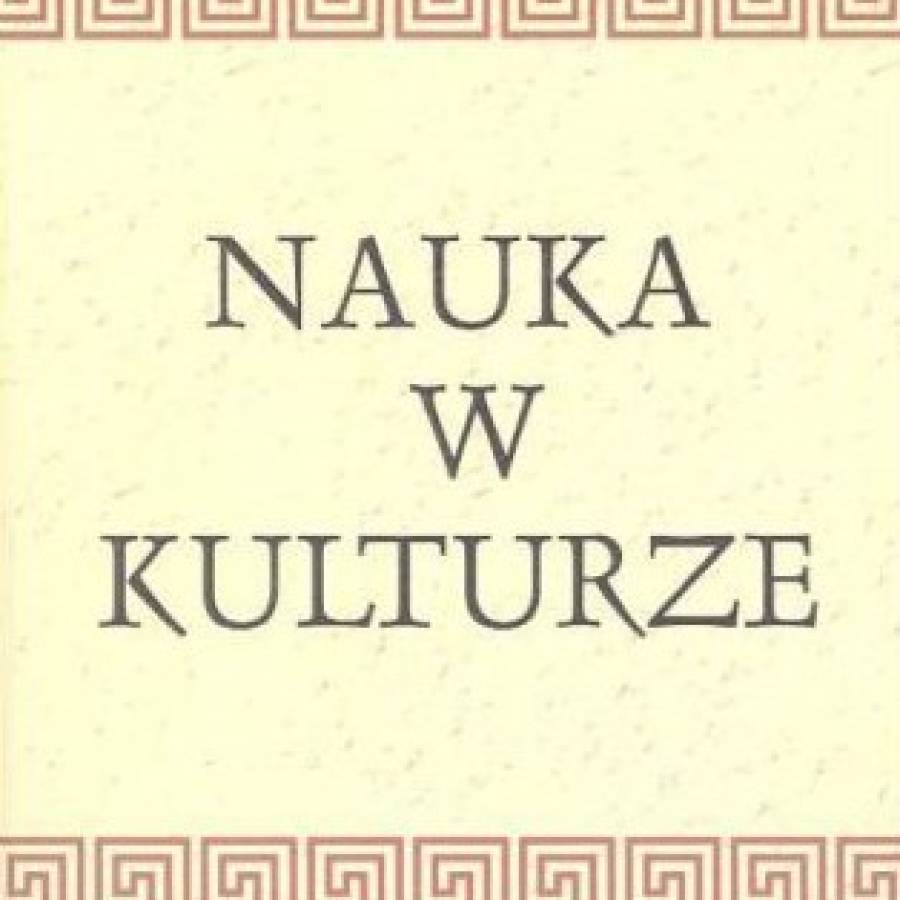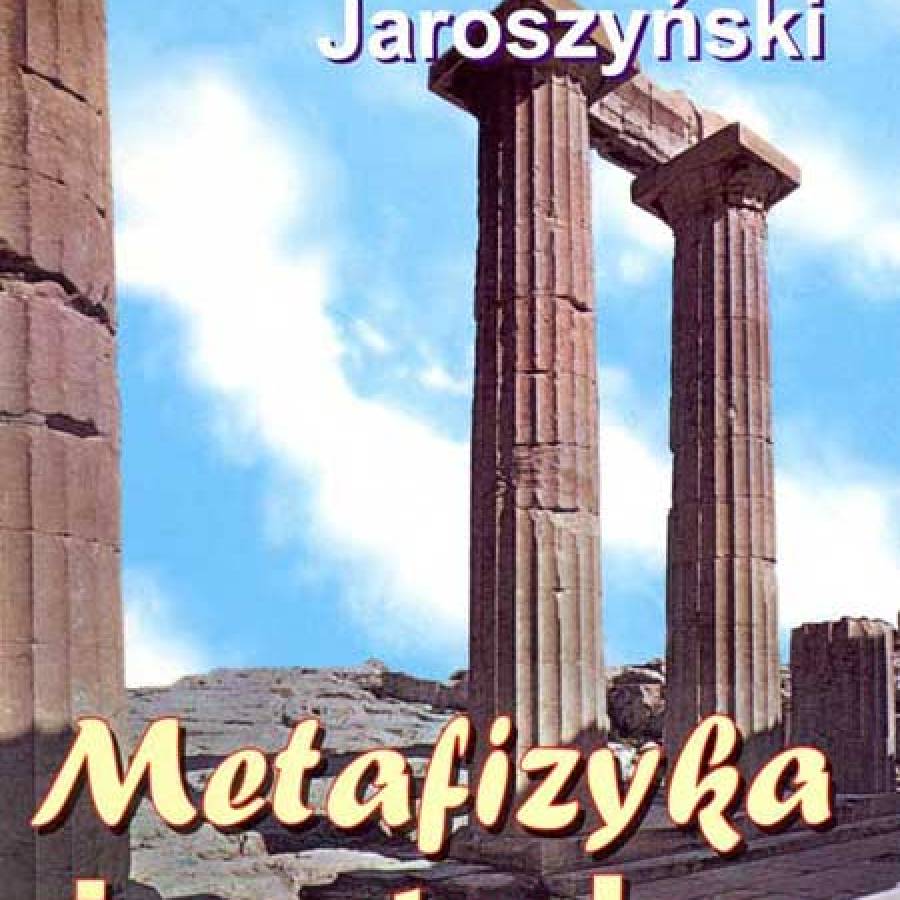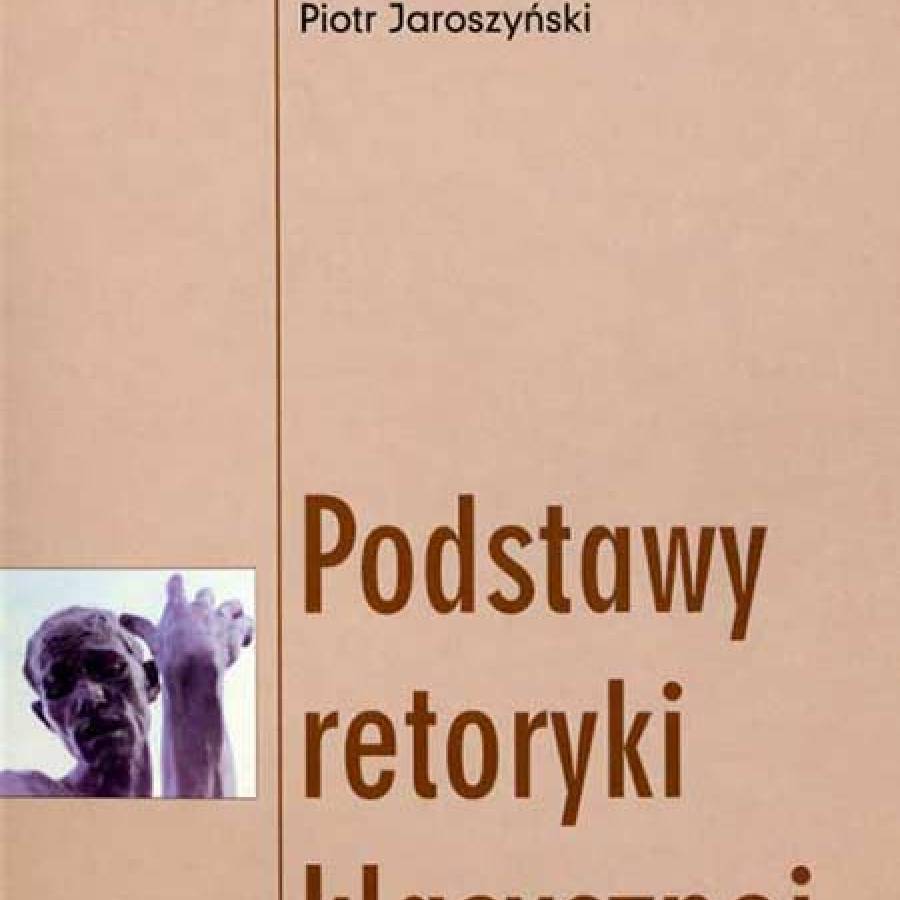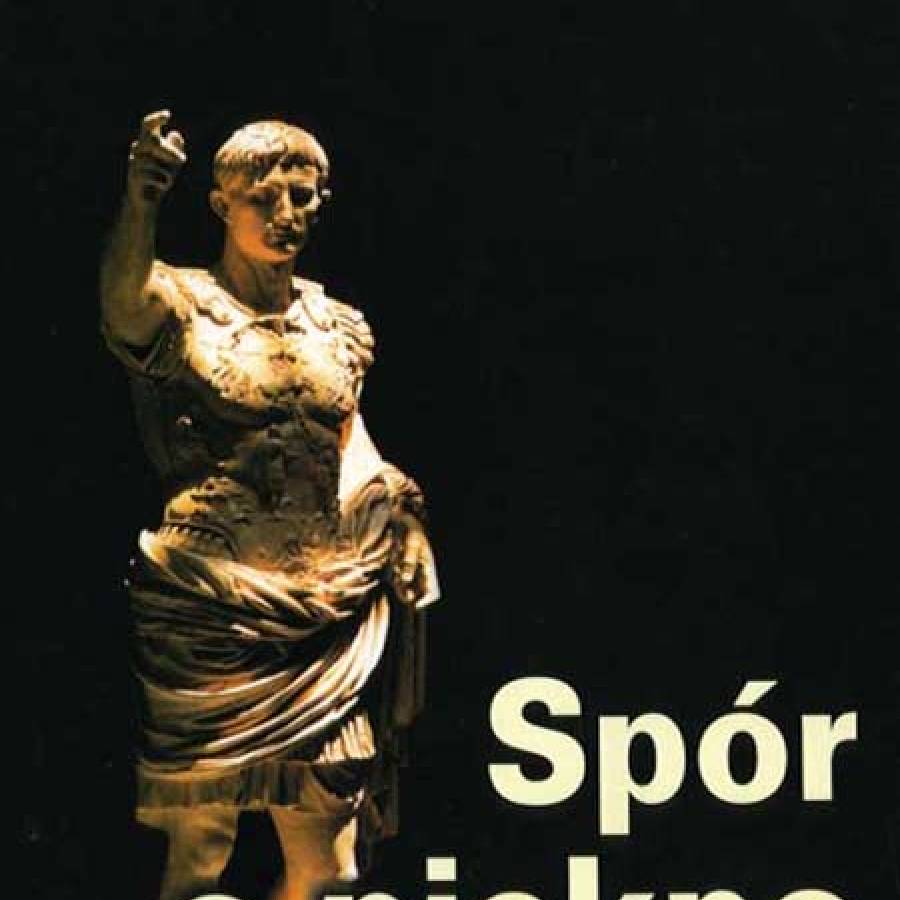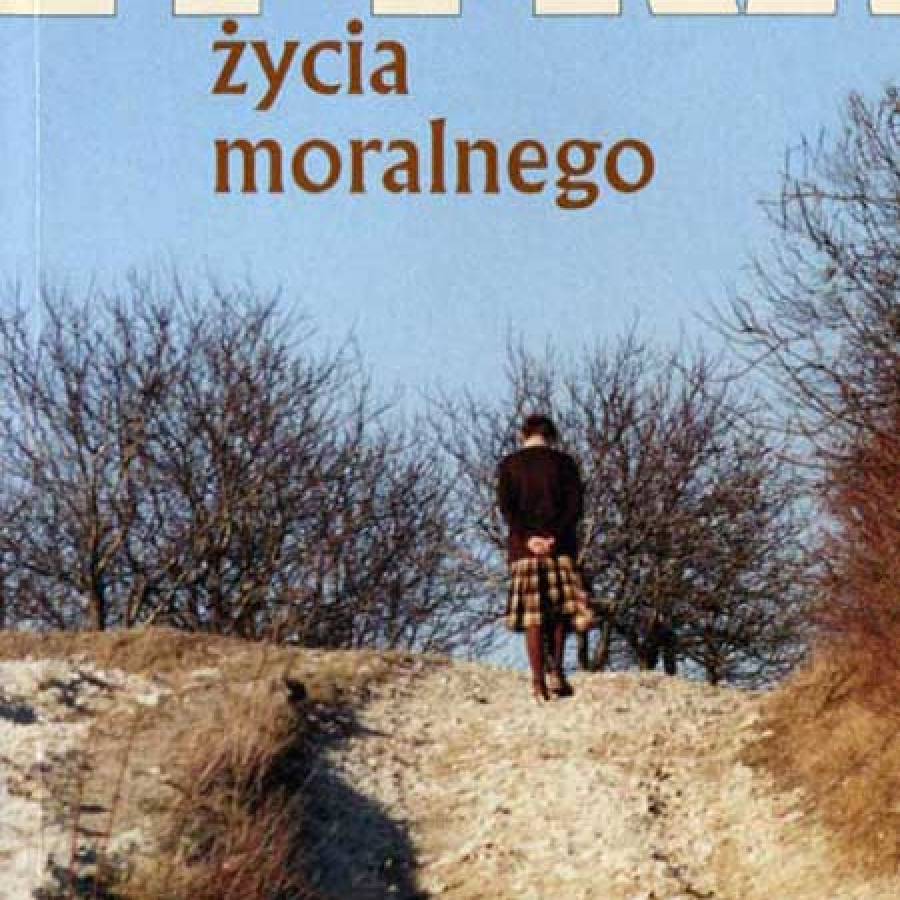 Angelicum's Ethics Course: Ethics - The Drama of the Moral Life by Piotr Jaroszynski and Mathew Anderson
Angelicum's Ethics Course: Ethics - The Drama of the Moral Life by Piotr Jaroszynski and Mathew Anderson
We highly recommend this brilliant, modern, clear and lucid book. Classical ethics, derived from reason, has been stripped from nearly all school curricula since WWII. No high school student should be ignorant of ethics because no student can avoid making choices in the moral realm.
The authors make a clear distinction between religion and classical ethics derived from reason. Students who understand the rational basis for ethics are able to appreciate the beauty of religious expression of ethical principles.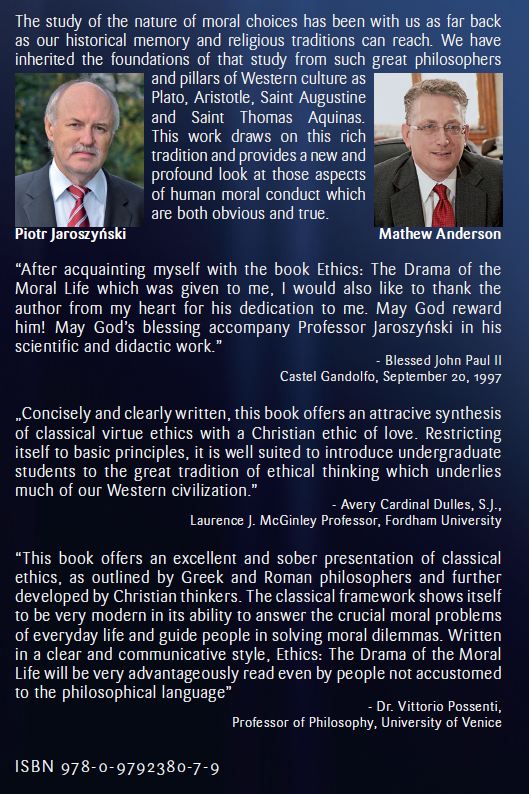
Furthermore, an understanding of the natural virtues is germane and important to every society. The development of ethics was outlined by classical Greek and Roman philosophers, principally Aristotle.
The authors, Professors Anderson and Jaroszynski, have done a marvelous work in bringing a classical ethics text to life. From the Preface:
Castel Gandolfo, September 20, 1997
Dear Professor,
After acquainting myself with the book, Ethics: The Drama of the Moral Life which was given to me, I would like to thank the author. May God bless!
John Paul II
[The author was a personal friend of the Servant of God, Pope John Paul II.]
The study of the nature of moral choices has been with us as far back as our historical memory and religious traditions can reach. This work draws on this rich tradition and provides a new and profound look at those aspects of human moral conduct which are both obvious and true.
REVIEWS OF THE BOOK: "After acquainting myself with the book Ethics: The Drama of the Moral Life, I would also like to thank the author. God bless! --John Paul II, Castel Gandolfo, September 20, 1997
Piotr Jaroszynski (born 1955) holds the Chair of the Philosophy of Culture at the Catholic University of Lublin, Poland. For his textbook Ethics: The Drama of the Moral Life, he received the personal thanks of Pope John Paul II.
Mathew Anderson is Assistant Professor of Philosophy and Theology at Ave Maria College of the Americas at San Marcos, Nicaragua. More about Lublin Thomism
| Detail | Information |
|---|---|
| Title | Ethics - The Drama of the Moral Life |
| Authors | Piotr Jaroszynski and Mathew Anderson |
| Publisher | Angelico Press |
| Publication Year | 2019 |
| ISBN | 9781621384897 |
| Language | English |
| Format | Paperback |
| Pages | 276 |
| Availability | Academy Bookstore |
